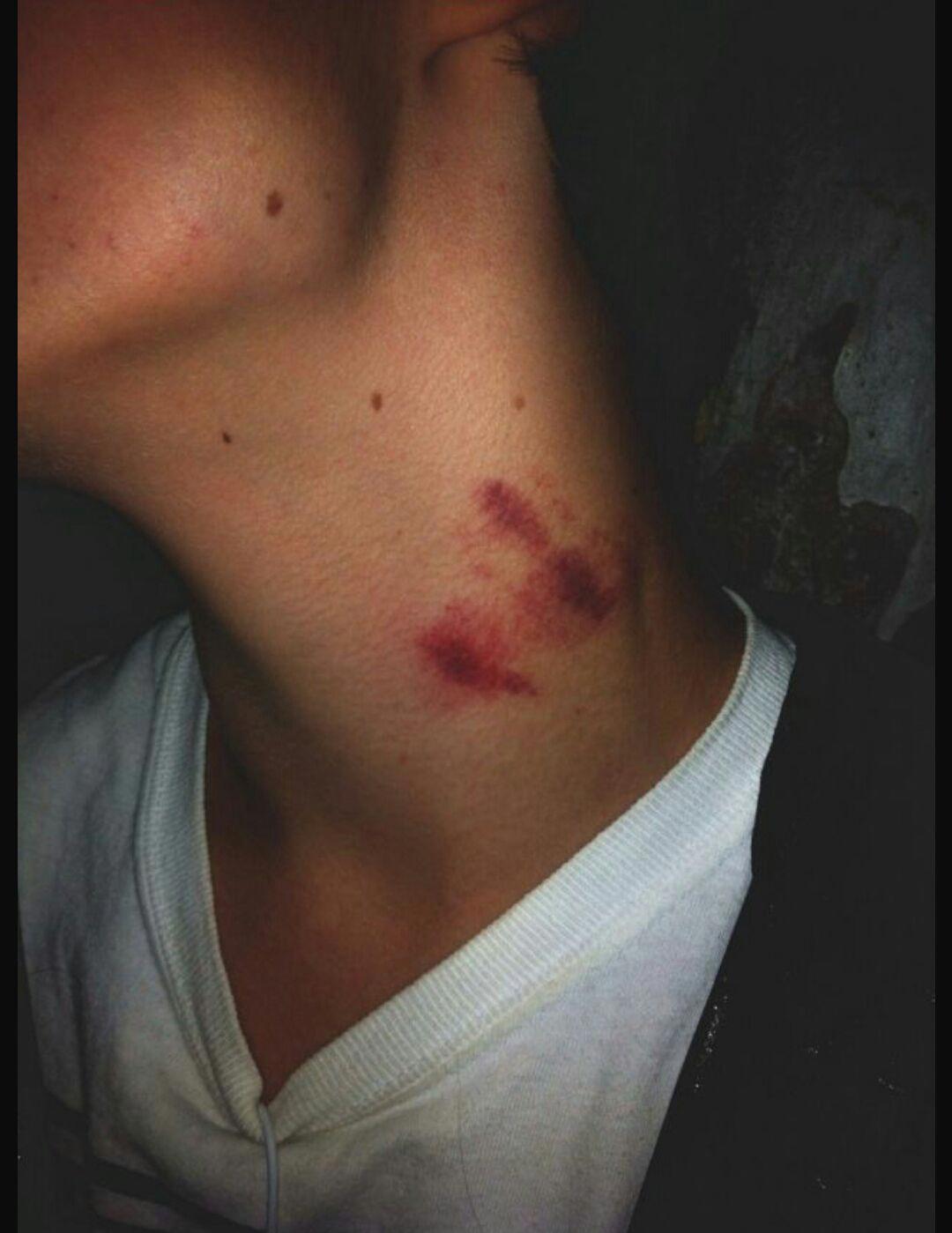Are Hickeys Bad?

Introduction
Hickeys, often seen as a mark of affection or passion, are temporary bruises caused by sucking or biting the skin. While they might seem harmless to some, many people wonder, "Are hickeys bad?" This question encompasses not just the physical implications but also social perceptions and health concerns. In this article, we delve into the myths and facts surrounding hickeys, exploring their potential risks, how to treat them, and the social contexts in which they are viewed. By the end, you'll have a clearer understanding of whether hickeys are indeed bad for you or simply a playful expression of intimacy.
What Exactly Is a Hickey?
Definition and Causes
- Hickey: A hickey, also known as a love bite or kiss mark, is a bruise that occurs when small blood vessels under the skin break due to suction or biting.
- Causes: Typically, hickeys are caused by:
- Intense kissing or sucking on the skin
- Biting or nibbling during intimate moments
- Friction against the skin
Why Do People Get Hickeys?
- Expression of Affection: Many view hickeys as a way to show passion and intimacy.
- Social Signaling: In some cultures and social circles, hickeys can be a form of flaunting a romantic relationship.
Are Hickeys Bad for Your Health?
Physical Risks
While hickeys are mostly harmless, there are some potential risks to consider:
- Skin Damage: In rare cases, excessive suction can lead to bruising that may take longer to heal or cause skin irritation.
- Blood Clots: Although extremely rare, there have been reports of hickeys leading to blood clots. This usually occurs in individuals with pre-existing medical conditions.
Psychological and Social Implications
- Stigma: Hickeys can carry social stigma. In professional or formal settings, they might be viewed negatively, impacting one's image or reputation.
- Misinterpretation: A hickey can lead to misunderstandings in relationships, particularly if one partner feels embarrassed or insecure about it.
How to Treat a Hickey
If you find yourself with an unwanted hickey, there are several methods to help it heal more quickly:
Home Remedies
- Cold Compress: Apply a cold compress to the area for 10-20 minutes to reduce swelling and pain.
- Warm Compress: After 48 hours, switch to a warm compress to increase blood flow and promote healing.
- Massage: Gently massaging the area can help break up the blood clot and speed up recovery.
- Aloe Vera: Known for its soothing properties, aloe vera can help reduce inflammation and promote healing.
Over-the-Counter Treatments
- Arnica Gel: This herbal remedy is often used to treat bruises and can help reduce the appearance of a hickey.
- Vitamin K Cream: Applying vitamin K cream can assist in healing bruises faster.
Myths vs. Facts About Hickeys
Myth 1: Hickeys Are Dangerous
Fact: While hickeys can cause temporary bruising, they are generally not dangerous for most people. However, individuals with certain medical conditions should be cautious.
Myth 2: They Last Forever
Fact: Most hickeys heal within a week or two, depending on the individual’s skin type and healing capabilities.
Myth 3: You Can Prevent Them Completely
Fact: While you can reduce the likelihood of getting a hickey by being gentle, it is impossible to prevent them entirely if you engage in passionate kissing.
Conclusion
In summary, hickeys are generally harmless but can carry social implications that might affect how they are perceived. Understanding the myths and facts surrounding hickeys can help you make informed decisions about your intimate expressions. Whether you view them as a fun mark of affection or a social faux pas, it's essential to consider both the physical and emotional aspects involved. So, the next time you find yourself wondering, "Are hickeys bad?" remember that they are ultimately a personal choice, reflecting the dynamics of your relationships and social circles.



Comments ()